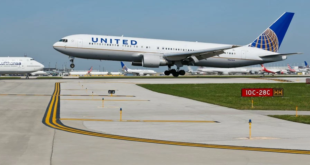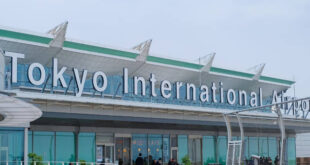More than 1500 people were surrepticiously videotaped in South Korean motels
If you turned on the news in the last 48 hours you no doubt heard of the arrest of two men in South Korea for having surrepticiously installed video cameras in more than 42 rooms spread across 30 different motels.
The criminals would rent the motel room as a customer, then they would swap out a power outlet, hair dryer or other electronic device with one of their own in which they had installed a micro-video camera.
Now, their installation would also have a wireless transmit component which permitted the “livestream” of the video captured to servers they controlled. These servers, according to South Korean police were located outside of South Korea.
This is not a new phenomena, though it is happening with ever-increasing frequency.
We all remember the much publicized case involving sports reporter, Erin Andrews and her stalker, who would videotape her in her hotel room using a peephole camera.
Then more recently, the case of the woman in New York who had visited a Hampton Inns Suites, only to learn that she had been videotaped while in the shower. The miscreant took to attempting to extort money from the victim, and when she did not “pay up”, proceeded to share nudes of the woman with her family and colleagues.
Previously we shared how widespread installation of “toilet-cams” was occurring in South Korea with such frequency that the police had established “video camera detection squads.” These squads would do an electronic sweep of public restrooms with one goal, detect video cameras installed to capture video of individuals, women mostly, doing their business.
And the instance of the couple who were on a romantic cruise on the Carnival Fantasy to only to discover that their romance may have been captured on a video camera hidden in their stateroom.
South Korea Motel Rooms
While the names of the “motels” were not identified, the South China Morning Post provides us a bit of context:
In South Korea, motels are a relatively affordable option for many travellers from home and overseas, and a popular destination for couples seeking privacy away from parents or other family members.
South China Morning Post - 21 March 2019
But they have also long been associated with illicit sex business and crime.
What they are saying here is, motels which rent rooms by the hour may have association with organized crime.
Videos of room occupants in this instance were live streamed to subscribers to the criminal’s “online illicit video” site.
It doesn’t take much of a stretch of the imagination to see how organized crime may also apply facial recognition and payment method collation to put names to faces/customers. Then with this collation, the criminal element has created another revenue stream, blackmail/extortion.
What to do about video voyeurism?
In a 2017 article crafted by Wired, a checklist of how to detect a device in one’s hotel room. Understand, however, that when using an RF (radio frequency) detector, that it detects all energy transmissions and may not detect a device which is not energized and may detect mundane devices (fire detection or carbon monoxide detection).
So, if you use a device to scan your hotel room or cruise stateroom, keep in mind that the possibility of false positives is very real. As real as the possibility of a micro-video camera being hidden in that AirBNB, hotel/motel, or cruise stateroom which you have escaped for some rest and recuperation or romantic getaway.
 Travel Securely Securely Travel
Travel Securely Securely Travel



One comment
Pingback: Video is the security and privacy problem within Airbnb accomodations | Securely Travel